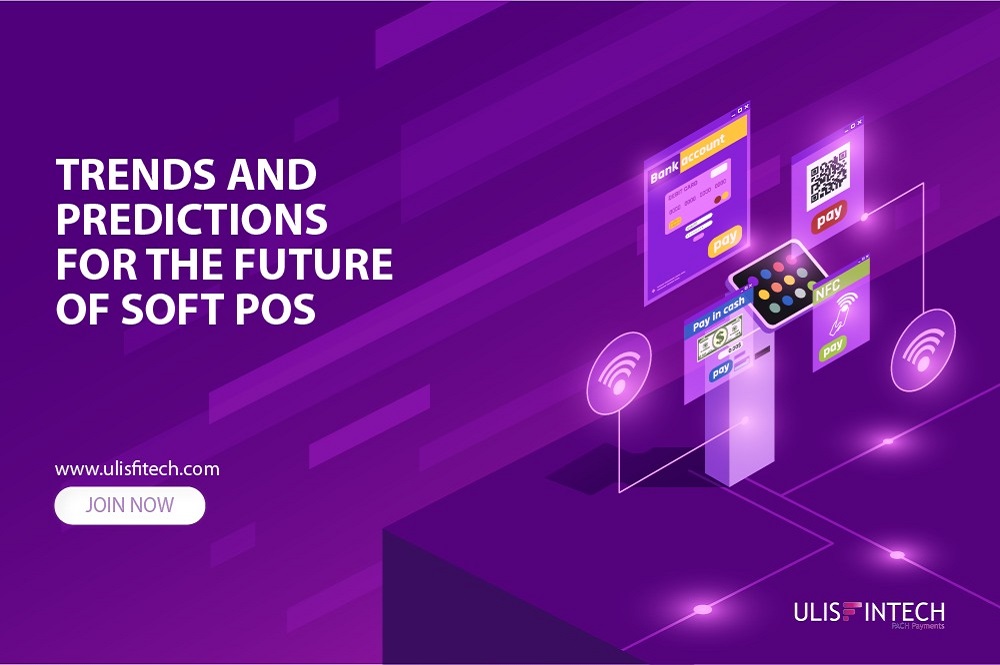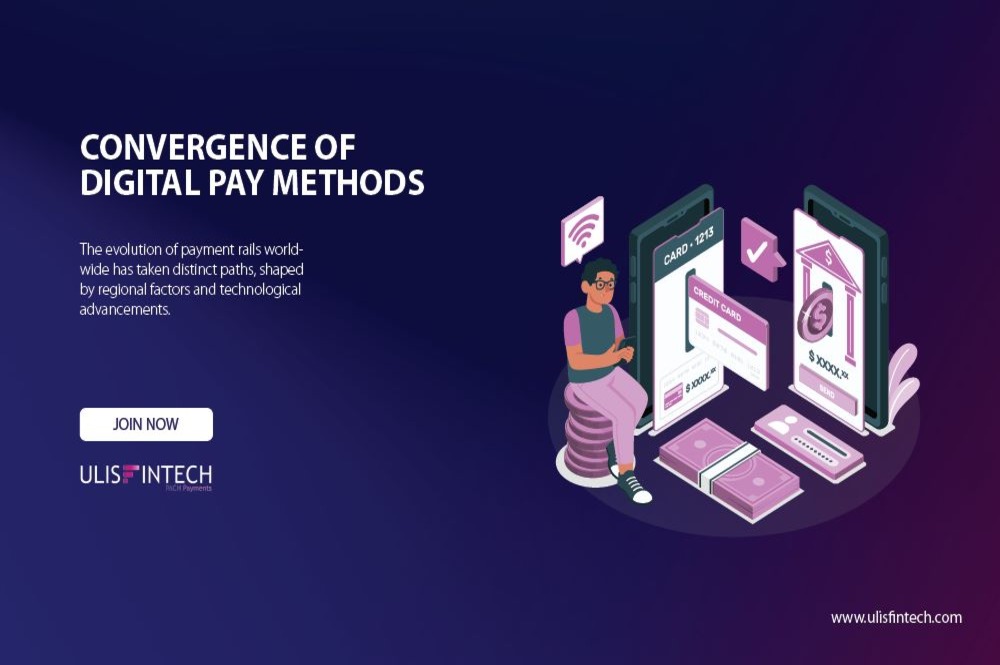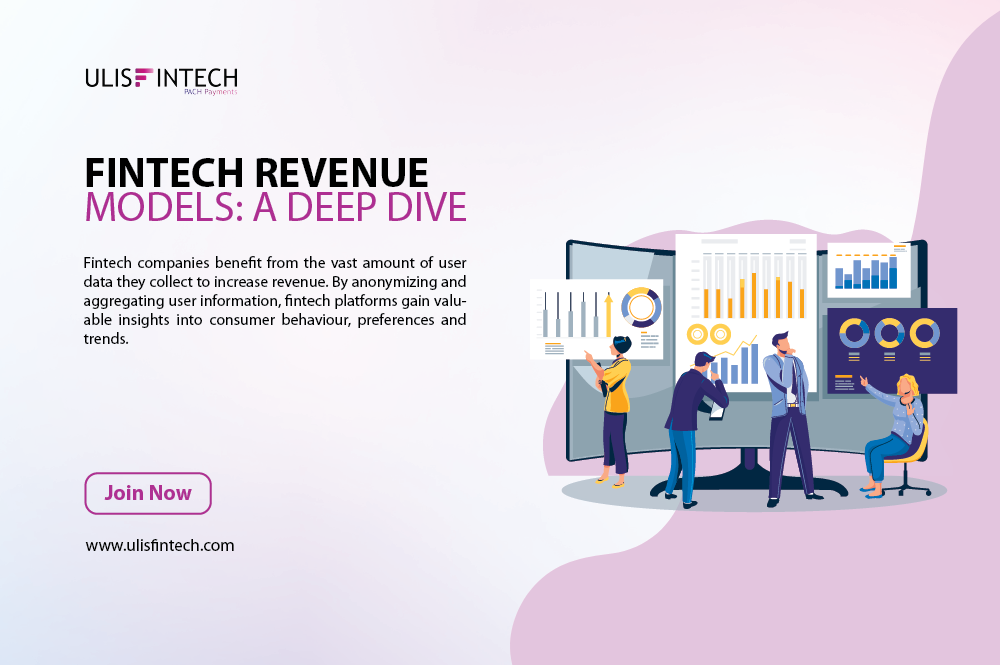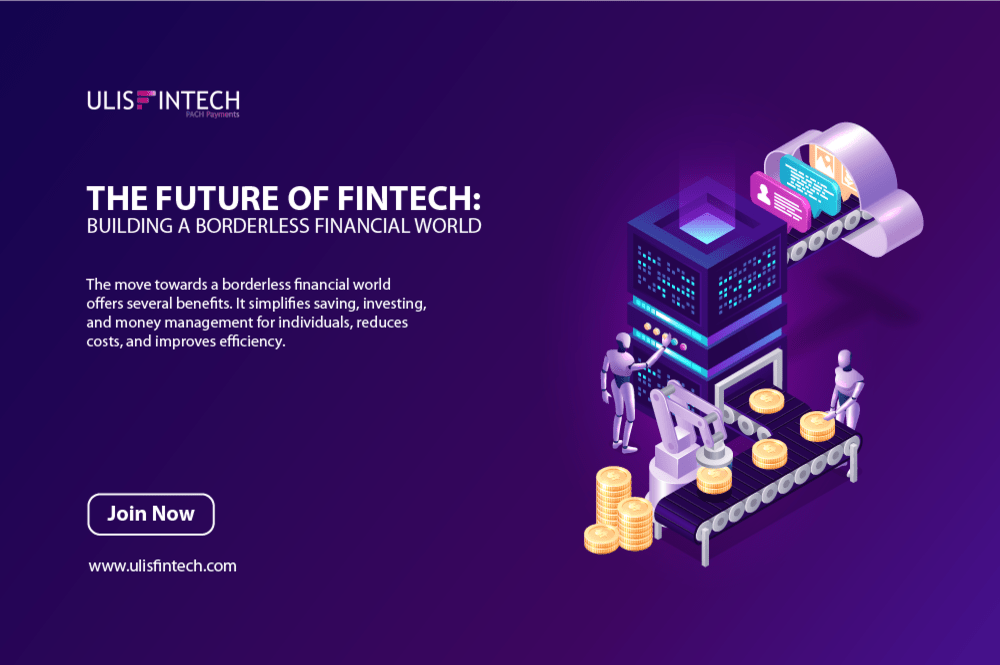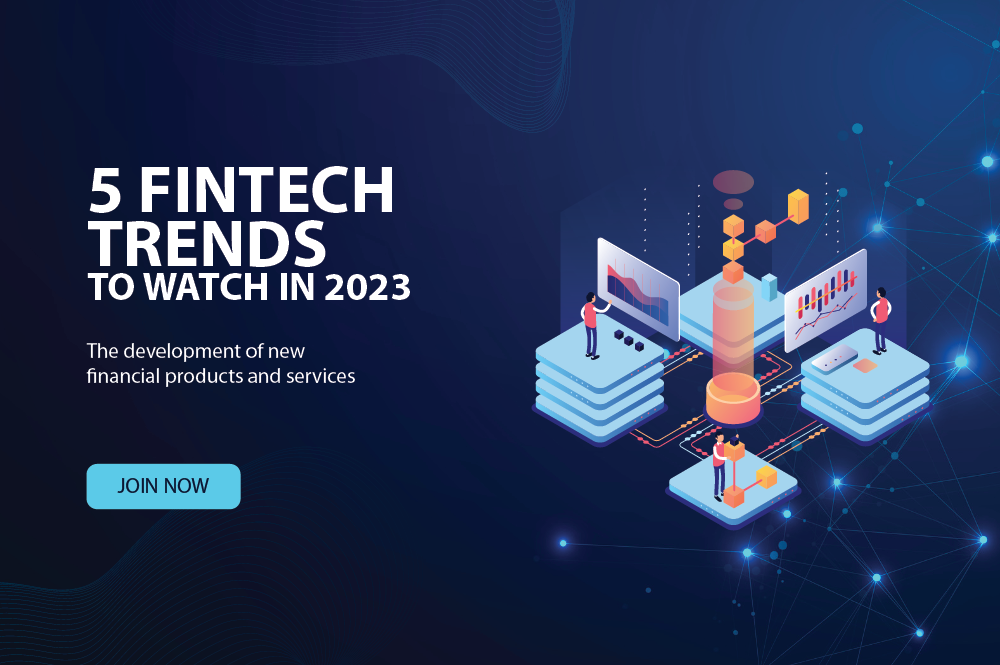APIs - PROVIDING FINTECH TO EVOLVE IN OPEN BANK
Mar 28, 2022 - 12 MINS READ

APIs – PROVIDING FINTECH TO EVOLVE IN OPEN BANK
Merchants and individuals have been dealing with the challenges of conventional banking operations for many years. Numerous obstacles are posed by a lack of openness, accessibility, and long bank processes. Each financial product and service was compartmentalized, leaving businesses with an incomplete view of their operations, unable to exchange information with third parties, and forcing customers to complete endless papers and verification processes for the most basic financial transactions. Even simple tasks like loan and credit card approvals might take months. Consumers and fintech entrepreneurs alike stand to benefit from open banking, which promises to make day-to-day financial transactions faster and easier.
Make use of Open Banking
These constraints are eliminated via open banking. It allows banks and non-banking organizations to share client data with third-party service providers. This has the potential to significantly simplify processes while also improving the consumer experience.
Open banking also provides product managers and developers with far more leeway in localizing user experiences and reduces the need to invest in backend infrastructure.
Companies may use open banking to provide a wide range of financial goods and services, such as applications that assist with personal budgeting, investing, and giving users with fast credit ratings.
Open banking's streamlined financial experiences are also encouraging new clients to join in financial markets.
- Companies might become more customer-centric as a result of open banking. Customers will receive data-driven, tailored products and services.
- Begin new income streams: Customers require creative products to help them manage their finances. You can generate a new revenue stream by developing such goods based on the data trends you see.
- Gain a competitive advantage: Stay ahead of the competition by acquiring and retaining more consumers with customer-centric and creative goods.
- Improve operational efficiencies: Gain a thorough grasp of your business's operations and financial flows.
APIs Working in Open Banking
A software interface that allows information to be shared between two separate programs is known as an Application Programming Interface (API). APIs enable programs to collaborate and exchange needed information and functionality in a standard and secure manner – all without the need for user participation.
Open banking is also known as API banking since it employs fintech APIs to link banks, fintech, and third-party service providers in order to offer them significantly more data and capability. APIs may link data from financial institutions and non-financial organizations, process it, and deliver it to third-party apps. Customers can use these programs to examine and manage their financial information through a single interface. Integrating financial data with APIs also provides organizations with a better understanding of their customer’s financial condition and risk profile, allowing them to provide more customized goods and services
When utilizing APIs for open banking, there are issues regarding data security and privacy. To dramatically decrease risk, organizations must employ the best security practices to ensure safe online payment processing, from third-party applications that misuse user account information to data breaches to hacking and fraud. This, therefore, allows for the use of open banking to create more tailored and valued client connections.
Examples and Use Cases of Open Banking
Here are a few examples of open banking-enabled fintech applications:
- Personal Financial Management (PFM): You can propose PFM solutions to consumers to assist them to manage their finances more effectively. You can gather data from several sources and aggregate it on a single platform to provide them with an overview of their finances.
- Financial Product Aggregator: You may give your consumers information about the many financial products they own, such as loans and credit cards, in a single interface.
- Payments on a recurring basis: We live in a premium content economy. Customers that have signed up for a large number of subscriptions want a solution to track and manage them all. Customers can use your recurring payment service.
- Assessing Credit Risk: You may use open banking to provide lenders and underwriters with rapid access to the applicant's credit history, allowing them to make more timely credit risk determinations.
Open Banking Functions Around the Globe
Open banking has made international transactions easier. However, there are significant disparities in interpretation and implementation throughout the world. Here's an overview of market preparedness and regulatory regulations in various nations.
- Banking Reform in the European Union
In the EU, open banking is mandated by the regulator. They put in place the Payment Services Directive 2 (PSD 2) to unify the EU's payment sector, enable open data access, and safeguard customers. The rules are produced by the European Banking Authority (EBA), and cybersecurity implementation is overseen by the Network and Information Systems Directive. The fintech industry is continually evolving. New entrants are entering the market with novel business concepts. Several banks have established basic regulatory criteria, but some have yet to fully embrace the possibilities of open banking.
- Open Banking in the United Kingdom
The PSD2 law is responsible for the well-established open banking architecture in the United Kingdom. It is overseen by the Competition and Markets Authority (CMA), the Financial Conduct Authority (FCA), and HM Treasury (HMT), while the GDPR regulates data privacy rules.
The financial industry is experimenting with new business models. Their primary use is account aggregation. The CMA declared the nine major banks compliant in January 2020. They also recognized 204 qualified third-party service providers as open banking service providers.
- Open Banking in the United States
In 2018, the United States established the Financial Data Exchange (FDX), a non-profit consortium comprised of FinTech and banks. The goal was to standardize data-sharing based on client preferences. Customers now have control over their financial data according to the Dodd-Frank Act. Customers in the United States are preoccupied with credit cards. However, people are becoming more open to alternative and speedier payment methods, which has given rise to new business models.
- Singapore Open banking
The Monetary Authority of Singapore (MAS) and the Association of Institutions in Singapore (ABS) have collaborated to develop a Finance as a Service API framework that includes 400+ banks. Singapore has a Personal Data Protection Act that applies to all businesses in the private sector. The Cybersecurity Act of 2018 monitors and reports on cyber dangers.
Singapore has established high-level principles for open banking in the fintech industry. However, there is no formal structure or operational requirements. Singapore also has a well-developed Fintech sector. However, due to a lack of standardized API, shared infrastructure, and processes, the country's use is poor.
- Open Banking Reform in India
To secure personal data, India implements the Personal Data Protection Bill, 2019. The Reserve Bank of India (RBI) is in charge of the rules. It has established Account Aggregator (AA) rules for acceptable operations as well as API requirements. The National Payments Council of India (NPCI) introduced Unified Payments for Payment Initiation (UPI). Because of digital penetration, India is seeing a spike in the financial field. Financial institutions are also taking steps to increase financial inclusion and raise awareness. In India, account aggregation use cases are prominent.
Make the Most of Open Banking
ULIS enables FinTechs to fully realize the potential of Open Banking by providing APIs that allow you to effortlessly integrate payments, pay-outs, e-wallet, and issuing capabilities into any website or application.
By incorporating ULIS APIs into your platform or service, your organization may collect and distribute cash utilizing the local payment methods preferred by your worldwide partners and consumers, generally at substantially cheaper FX and transaction rates.
Furthermore, our APIs are intended to secure transactions with AI-powered fraud monitoring and to manage compliance wherever you conduct business. There has never been a better moment to develop an agile and future-ready financial firm.
Fintech open banking is nimbler, customer-friendly, and more accessible than conventional banks. Customers may transact internationally without having to worry about long verification processes, and they can transmit financial information promptly and securely. It has also given users greater influence over their financial decisions by allowing them to share their data with trustworthy applications for more personalized experiences.
